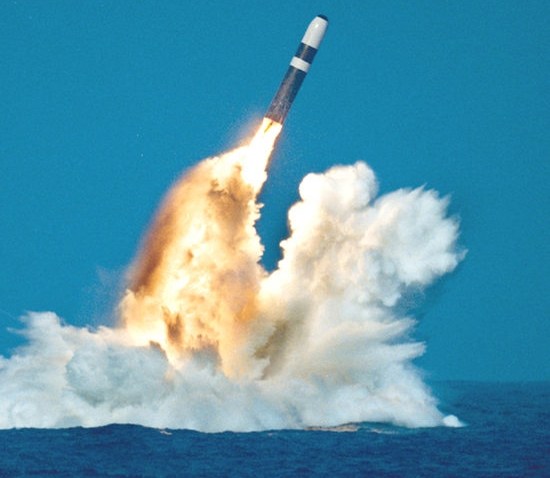In a written statement submitted for his July 31 Senate confirmation hearing, Gen. James E. Cartwright, commander of the U.S. Strategic Command and the Bush administration's nominee to become the next vice chairman of the Joint Chiefs of Staff, revealed that the administration has decided not to extend the Strategic Arms Reduction Treaty (START) after it expires in Dec. 5, 2009. In his written description of his vision for developing a conventional, non-nuclear, prompt global strike capability, Gen. Cartwright included the following question: "Does the Administration's decision not to extend the START Treaty have any impact on development of a prompt global strike capability?" The general argued that ending START would give the administration more flexibility to pursue prompt global strike options and systems "that contribute to national security and reduce our reliance upon nuclear weapons." Presidents George H.W. Bush and Mikhail Gorbachev signed START on July 31, 1991, after a decade of contentious negotiations and months before the U.S.S.R.'s disintegration later that year. The accord required both countries to reduce their strategic holdings to 6,000 nuclear warheads on a maximum of 1,600 strategic delivery systems (land- and sea-launched ballistic missiles or long-range bombers) by Dec. 5, 2001.
Bush Administration Decides to Let START Die

